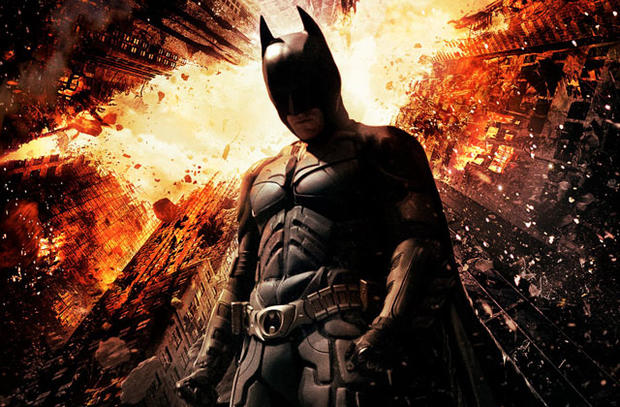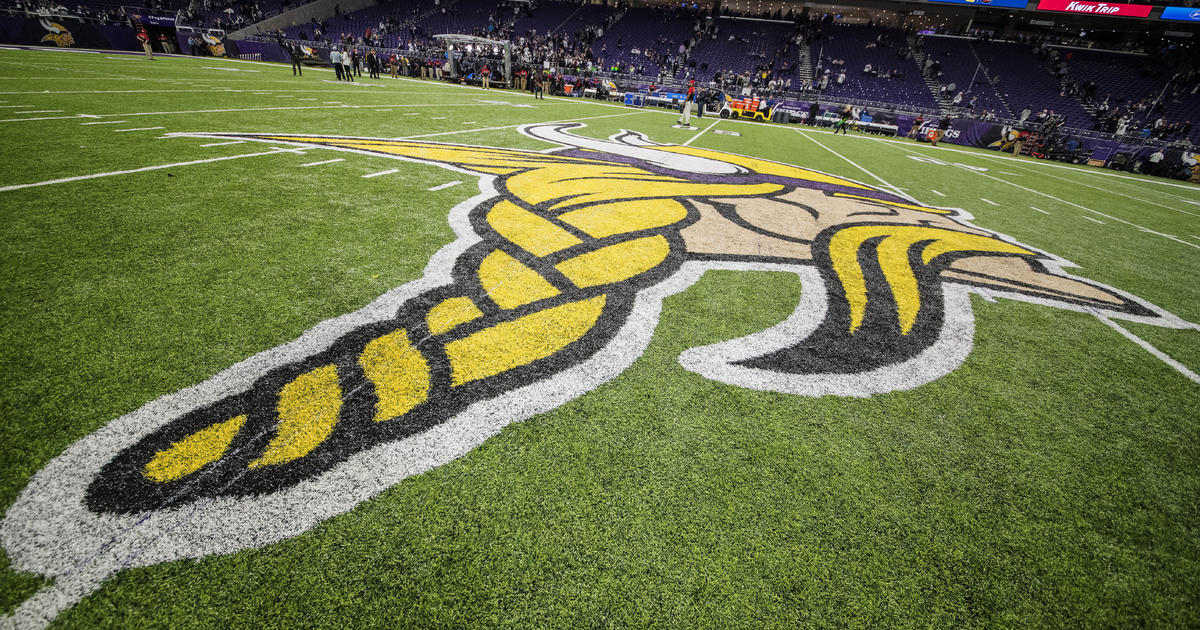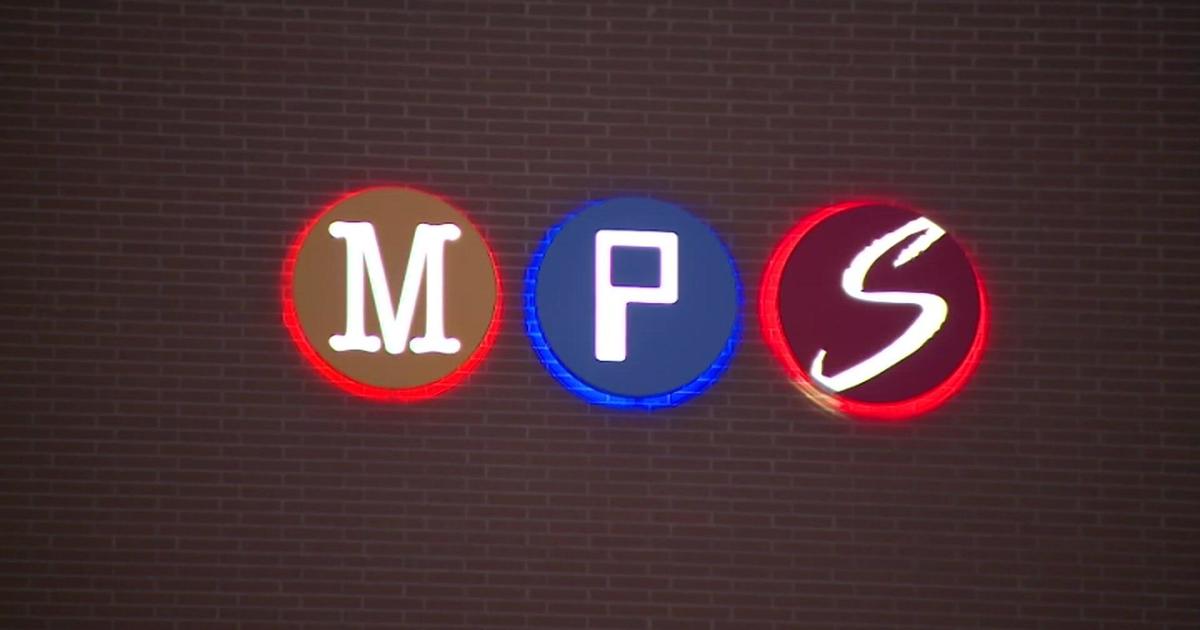Movie Blog: 'Dark Knight Rises' Inspires, Exploits Fear
Still so serious?
Director Christopher Nolan's Gotham City is every city. At least, that's what you're meant to believe. And even if not every single American citizen can possibly live there, any one of them could. Just as Batman claims his secret identity is, among other more practical reasons, meant to send the message to its populace that their hero could (and should) be anyone. It's a microcosmic scion of the democratizing principle.
Which is maybe one of the main reasons that in Batman Begins and The Dark Knight -- the first two installments of what is now a very heavy, very somber Bat-trilogy -- you could see pieces of more than just one real city. A little of New York, a touch of L.A., a lot of Chicago. Practically, it was no doubt a function of how to logistically handle filming the movies, but the side benefit is that Gotham City really did become a place where almost anyone could imagine themselves.
Until now. In The Dark Knight Rises, more than just one establishing shot of the city's skyline prominently includes New York City's Freedom Tower, still under construction. It's there both as a specific call-back to the 9/11 hysteria that fueled 2008's legitimately manic Dark Knight, as well as a scene-setting representation of Gotham City's prolonged complacency in the years following the demise of the unhinged Joker's reign of terror.
As the city continues to operate under the mistaken impression that Harvey Dent served as their savior -- an impression that has liberated them from fear -- they have unknowingly opened the door for a new, stronger force of evil to shore up his army underneath the city. In other words, "the only thing we have to fear is fear itself" is apparently an evasive lie, and the only thing worse than being governed by past terrors is to be unprepared for the future ones. So if The Dark Knight reflected the country's fears (as did Spielberg's excellent, raw War of the Worlds remake), then The Dark Knight Rises is all too willing to exploit that subconscious dread of the unknown that has been imprinted upon anyone who lived through that day.
(If you think I'm connecting dots that aren't even on the same page, take a closer look at the teaser poster's crumbling skyscrapers. As Joseph Gordon-Levitt's plucky police officer Blake comes to learn in the new film, one can no longer believe in "coincidences.")
No, Gotham City isn't directly responsible for the arrival of Bane (Tom Hardy), a steampunk-masked slab of roid-raging musculature from the League of Shadows who schemes to unite society's disorganized outcasts and turn them into his own, brainwashed militia in order to take over the city. But the tenets of western civilization, to an extent, are. Like a video game cut scene spinning a fantasy from the conclusions of Michel Foucault's philosophical study Discipline & Punish: The Birth of the Prison, Bane's prior imprisonment within the walls of the world's worst prison system (basically an insurmountable pit with a view and a ledge that both give those inside just enough hope for escape that it destroys their souls when they inevitably fail) makes clear that law and order exist alongside crime and punishment because they have to. They're both institutions that would fail without the presence of the other. And so it is that Bruce Wayne, after spending years in exile while his alter ego vanished due to the events closing the last film, becomes convinced to start clocking in on the old night shift.
And just in time, too, given Bane has his eye on a device that (furthering the movie's necessarily jejune argument that everything be mirrored and in conflict) could either run the entire city using clean energy in the right hands … or destroy everything within a six-mile radius as a nuclear bomb in the wrong hands.
There really ought to be a term coined for what Nolan has done with the Batman mythology. Whatever term could be taken as the opposite of "magical realism," a grounded style that finds the extraordinary in the ordinary. (See Beasts of the Southern Wild as an example … No, really, see it!) Whatever else they may be, Nolan's Batman movies are the most stubbornly grounded of any superhero movies. Practically alone in the spectrum, they have by and large shed CGI overload in order to give off the impression that they've restored gravity (both emotional and physical) to a debased, decadent form of pop cultural currency. The trilogy, and especially this newest installment, comes on as though the art-pop split of the late '70s -- the moment when the twin successes of Jaws and Star Wars ushered in the era of the blockbuster entertainment and closed the door on complexity in popular filmmaking a la Hitchcock, Ford, The Godfather and Taxi Driver -- never happened, which is why they've proven so startlingly popular with the dreaded fanboys.
And that's one of the third film's greatest and most disappointing shortcomings. It trades in all the complexity and tonal discord that characterized the genuinely unsettled Dark Knight for a much more schematic depiction of good and evil. Owing in large part to Heath Ledger's Oscar-winning turn as the Joker (and, more to the point, the mythology that surrounded his death immediately after making the movie), The Dark Knight threw Nolan's illusions of control entirely out of balance. There was an undercurrent of uncut repulsion at work in the 2008 movie that's simply evaporated from the series now, when it needs it the most. The Dark Knight was lightning in a bottle. And as anyone will tell you, lightning never strikes the same place twice, but that's not to say that The Dark Knight Rises doesn't kick up a pretty sizeable storm. Unfortunately, it's overshadowed by the thunder of the series' fan base and Nolan's acquiescence to the series' inflated reputation. The 2008 movie channeled the nervous energy of a larger cultural movement. The 2012 movie swaggers as though it is the larger movement. Whether or not that's a good thing depends, I guess, on how highly you rank being a Batman fan among your life goals.
"Fan culture doesn't say 'comic books can be high art,' it says, 'comic books are the only art," writes Glenn Kenny in a blog response to the much-buzzed about death threats leveled at the first few critics who dared to sully the movie's now far-from-perfect rating at Rotten Tomatoes early this week. I'm not personally bothered by the inconvenient fact that Nolan's Batman movies play so directly into their audience's alleged desire to supplant all cultural literacy with newer, more overtly tragic variations on the simple stories that first captured their imagination at age 6. There's nothing wrong with a "give them what they want" mentality, especially when it results in more than 70 minutes worth of eye-popping IMAX cinematography. But I do think it's pretty devastating to consider how much stasis the film finds in that "it's not a comic book, it's a graphic novel" comfort zone. Which is why the cutting tagline for The Dark Knight -- "Why so serious?" -- still feels so deliriously double-edged, and why a late quote from A Tale of Two Cities in The Dark Knight Rises inspires eye-rolling.
Thanks to its willingness to reference (if not downright exploit) our current political environment, The Dark Knight Rises is going to make this election year a treat and a half. Already pundits (including Rush Limbauch) have popped up to rail against the use of Bane as a villain because his name comes too close for comfort to Mitt Romney's Bain Capital, and others on the opposing side have taken issue with how much the movie's presentation of Bane's tattered followers recalls the rhetoric of Occupy protestors, not to mention the notion that civilization's saving grace comes from the partnership of authoritative civic institutions and the economic might of unapologetic venture capitalists ... well, the ones that wear black leather codpieces, anyway.
But for all its canny posturing and veiled references to things on the back of its audience's minds (things that most of them don't think about half as seriously as they do the legacy of a rich man in a cape), The Dark Knight Rises is at least canny enough to suggest that the real hero -- the bringer of reinvigorated hope, the preventer of disastrous change -- is the one that ain't on the ballot.




